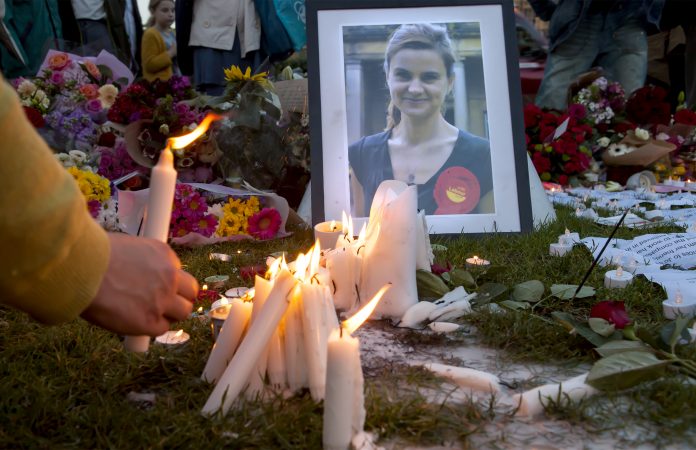New research provides invaluable insight into UK far-right extremism by investigating the political group and terrorist organisation, National Action
Research from the University of Leicester sheds light on National Action, the first far-right political group to be proscribed in the UK as a terrorist organisation, making membership a criminal offence. The report by Dr Chris Allen from the University’s Centre for Hate Studies is published by the Commission for Countering Extremism.
Under the Terrorism Act 2000, the Home Secretary can proscribe an organisation if he/she “believes it is concerned in terrorism”. This makes it illegal to belong to the organisation or to support it, e.g. by addressing a meeting, raising funds or displaying the organisation’s logo.
Until December 2016, when National Action (NA) was added to the proscribed list by Amber Rudd, all the organisations on that list were international terrorist groups such as Al Qa’ida, Boko Haram and ISIS, or groups relating to the troubles in Northern Ireland. This precedent identifies National Action as significantly different to other previous and current far-right groups such as the National Front (NF), British National Party (BNP) and English Defence League (EDL).
Dr Allen’s groundbreaking research identified how National Action differs and why this has led to its proscription. He found that, alongside their primary goal of establishing a ‘white homeland’ in Britain, the founders of NA sought to clearly differentiate their group from other contemporary British far-right movements which they deemed “unworthy”, in particular, the EDL – which led to direct confrontation between NA supporters and EDL supporters in Rotherham in 2014.
The NA saw themselves as the natural successors to Oswald Mosley’s 1930s Nazi-aligned movement, the British Union of Fascists, their ‘uniform’ of all-black streetwear referenced Mosley’s ‘Blackshirts’.
NA members, described on the organisation’s website as “clean, intelligent, and ambitious people typically in their late teens or twenties”, were forbidden to consume drugs or alcohol. Despite this attempt at outward respectability, however, the NA’s intentions were unambiguously violent, evident in their lauding of Thomas Mair, who murdered Jo Cox MP, as a “hero”.
Dr Allen said:
“National Action was a group that presented a very real – and extremely violent – threat to our society. Targeting Britain’s youth, activists had begun stockpiling weapons and starting preparations for ‘white jihad’.
“As we saw recently in Christchurch, those adhering to extreme right-wing ideologies are increasingly prepared to put their ideologies in practice.”
In researching this difficult area, Dr Allen has drawn on his own extensive and unique portfolio of NA resources, gathered both pre- and post-proscription, including website content, newsletters and member communications, alongside publicly available materials such as policy documents, political briefings and news reports. His extensive engagement with police and counter-terrorism specialists through nationally and regionally focused advisory panels and committees has also fed into the report.
Following the group’s proscription, numerous members were arrested – despite attempts to reinvent the group’s ideology under different names. In considering NA’s legacy, Dr Allen observes that the precedent it sets raises questions about the Government’s definition of ‘extremism’ and how that relates to a willingness or intention to commit violent acts.
The paper is available online: ‘National Action: links between the far-right, extremism and terrorism’.











